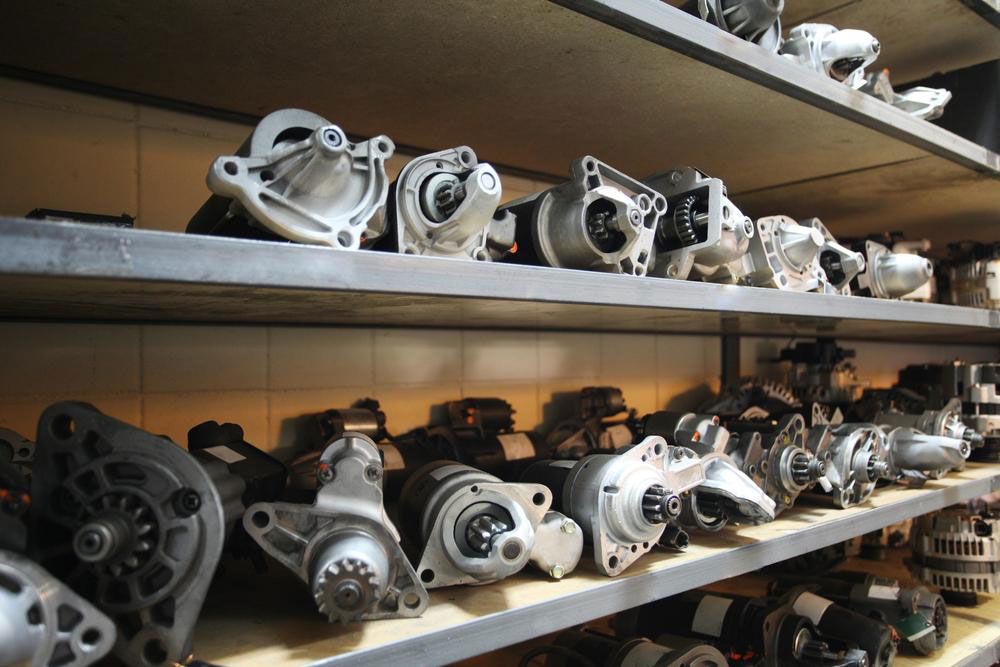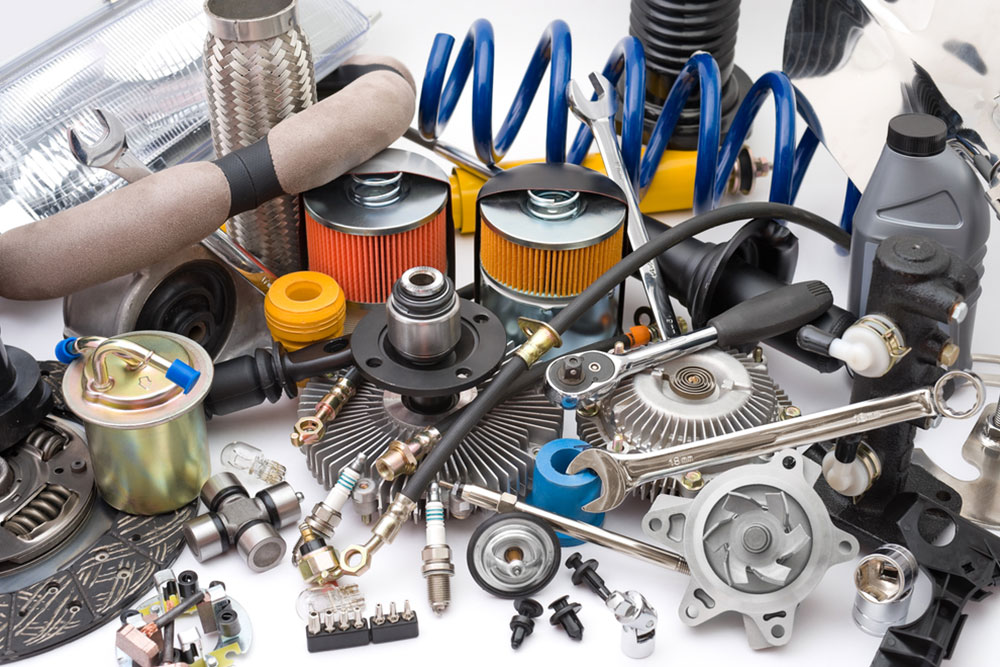Comprehensive Guide to How Car Dealerships Operate and Thrive
Discover the inner workings of car dealerships, from vehicle sales to after-sales services. Learn how automakers influence dealership operations and how sales strategies drive profitability. This comprehensive guide highlights the importance of inventory management, marketing, and customer service within the automotive retail industry, offering valuable insights into how dealerships succeed in a competitive marketplace.

Comprehensive Guide to How Car Dealerships Operate and Thrive
Car dealerships serve as the vital link between automakers and consumers, functioning predominantly as retail outlets specializing in vehicle sales. These establishments are essential components of the automotive industry, playing a pivotal role in facilitating the purchase of new and used cars while providing various additional services to enhance the customer experience. Understanding how these dealerships operate can demystify the car-buying journey and shed light on the complex mechanisms that drive their profitability and growth.
In essence, car dealerships act as a one-stop shop for automotive needs. While their primary function is the sale of vehicles—both brand-new and pre-owned—they also offer a broad spectrum of ancillary services. These include vehicle maintenance, repairs, financing options, insurance services, and vehicle customization, which together form an integrated ecosystem designed to maximize revenue streams and customer satisfaction.
The landscape of car dealerships is diverse, ranging from large franchised outlets representing a single automaker to independent dealerships that sell vehicles from multiple brands. The size and scope of a dealership influence their operational strategies, inventory management, and marketing approach. Some dealerships focus exclusively on brand-new models from major automakers, while others cater predominantly to used vehicle buyers, offering a wider variety of makes and models to appeal to different market segments.
Across the country, there are thousands of car dealerships, with a handful of major automakers dominating the market share. These automakers often establish exclusive dealership networks to maintain control over brand image, pricing, and customer experience. Their influence shapes the dealership landscape, impacting everything from inventory choices to sales tactics and after-sales support.
Profitability for dealerships largely depends on manufacturer support and market demand. When automakers control a significant portion of vehicle sales, dealerships tend to flourish due to higher sales volumes and promotional support. Effective advertising management is crucial in this context; dealerships Invest heavily in local marketing campaigns, promotional discounts, and special financing deals to attract customers and boost sales. These efforts are designed to increase foot traffic and convert visitors into buyers, directly impacting the dealership’s revenue.
One of the core aspects of dealership operations is their skilled salesforce. Trained by automotive brands, salespeople possess deep knowledge of vehicle features, specifications, and benefits. They assist customers throughout the buying process, helping them compare different models, explaining features, and recommending options tailored to individual needs. This personalized service not only enhances the customer experience but also increases the likelihood of successful sales.
Dealerships operate under strict agreements with their parent manufacturers. These agreements are designed to maintain brand consistency and pricing uniformity across regions. Typically, the manufacturer sets the maximum and minimum resale prices for vehicles, and dealerships are obliged to adhere to these constraints. This framework ensures that prices remain competitive and standardized, preventing price wars while also protecting the brand’s perceived value.
In addition to pricing regulations, automakers require dealerships to maintain a minimum stock of vehicles. This ensures that customers have access to a diverse range of models and that sales opportunities are not missed due to inventory shortages. Regular inventory management is vital for dealerships to balance supply with fluctuating market demand, minimize holding costs, and maximize turnover.
Furthermore, dealerships play a strategic role in their local communities by establishing relationships, participating in promotional events, and providing after-sales services. These activities foster customer loyalty, generate repeat business, and create a steady revenue stream beyond vehicle sales. The combination of effective sales strategies, robust inventory management, and comprehensive customer care makes car dealerships resilient and profitable in a competitive environment.





